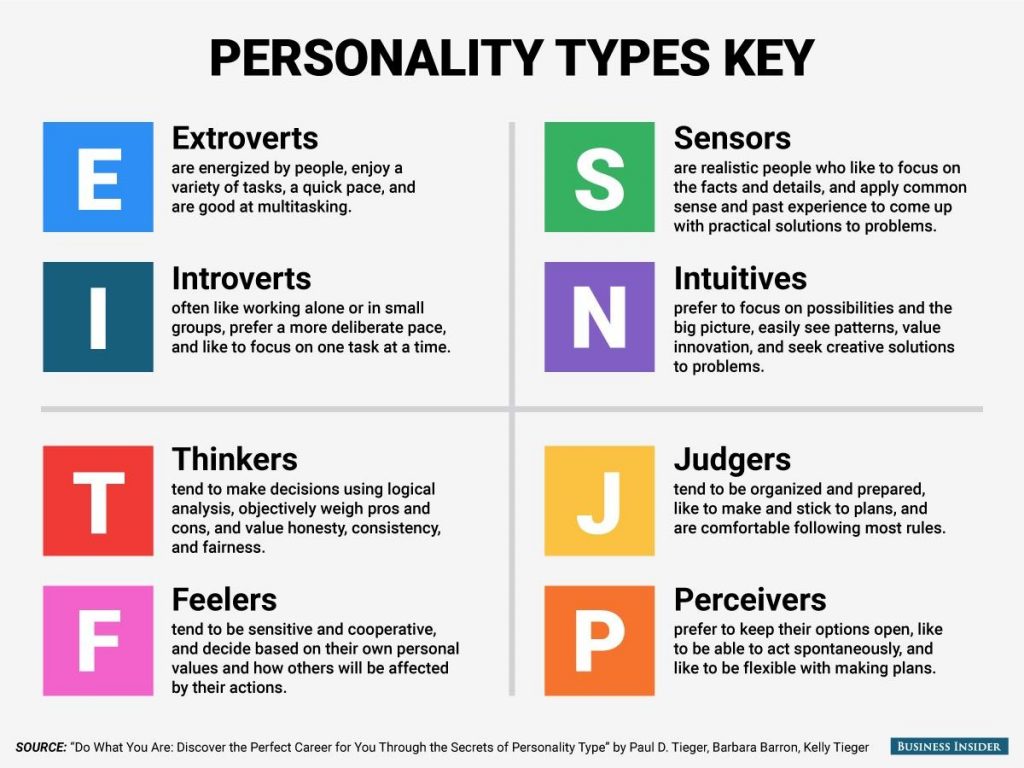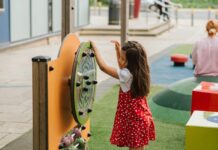 In 2002 I took a job as a communications coordinator at a nonprofit in Chattanooga. I was 24-years-old and we were childless, so switching jobs was an easy decision followed by a seamless move. On the first day of my new job, everyone tried to guess what I was — an ENFP? An ISTP? Maybe an ESFJ? Myers Briggs was all the buzz back then, and everyone in the office loved to talk about how personalities meshed or clashed, how work ethic transpired or fell flat, who had a sense of humor and, mercilessly, who didn’t.
In 2002 I took a job as a communications coordinator at a nonprofit in Chattanooga. I was 24-years-old and we were childless, so switching jobs was an easy decision followed by a seamless move. On the first day of my new job, everyone tried to guess what I was — an ENFP? An ISTP? Maybe an ESFJ? Myers Briggs was all the buzz back then, and everyone in the office loved to talk about how personalities meshed or clashed, how work ethic transpired or fell flat, who had a sense of humor and, mercilessly, who didn’t.
I had never heard of Myers Briggs’ 16 Personality Types before then, but I quickly took a test and learned I was an INFJ, whatever that meant. For years, Myers Briggs was uninteresting to me. I had other things on my mind, such as our first son who came along a year later, then our second son, and then we moved, and life carried on.
Years later, I returned to Myers Briggs to retake the test. I wanted to know if I was still an INFJ (I was). Understanding your own personality is helpful in the workplace and myriad relationships, but I was particularly curious to know how my personality type functions in motherhood.
INFJ, which stands for Introverted, Intuitive, Feeling, Judging, is known as The Counselor: “INFJs are creative nurturers with a strong sense of personal integrity and a drive to help others realize their potential. Creative and dedicated, they have a talent for helping others with original solutions to their personal challenges. The Counselor has a unique ability to intuit others’ emotions and motivations, and will often know how someone else is feeling before that person knows it himself. They trust their insights about others and have strong faith in their ability to read people. Although they are sensitive, they are also reserved; the INFJ is a private sort and is selective about sharing intimate thoughts and feelings.”
 As with anything, there are positives and negatives.
As with anything, there are positives and negatives.
The INFJ Mom is supportive, encouraging, and eager to see creativity spark in her children. She loves open communication and lots of humor. She wants to protect her children from harm in the outside world and instead expose them to harsh realities through honest conversation at home. She longs to have a meaningful relationship with her kids. Yes to every word of this.
On the other hand, the INFJ Mom puts a lot of pressure on herself and feels a deep regret over parenting mistakes she’s made. She can be manipulative if she wants to, particularly when her strong and nearly-accurate intuition is sounding the alarm and her fear is off-the-charts. She struggles to watch her children make the wrong choice because she knows exactly where the path leads.
Specifically, “They often know what their children truly want for themselves, even better than they do. This ability to see into the future can be challenging for the INFJ mother since their children don’t always take their advice or help.”
It’s for this exact reason that I’m struggling to parent in the teen years, but knowing this about myself helps me back off and let my teenagers learn hard lessons for themselves.
Honestly, it’s painful to watch.
As my mothering journey trudges into the upper teen years, self-awareness has never been more crucial. Half of the battle is reacting and responding to our kids in the most helpful, appropriate way, so understanding why I overreact, shut down, and retreat helps me figure out alternative parenting strategies. For years I felt guilty for wanting to be left alone after a hard day, but then I realized it was something I actually needed. Permission granted. It is literally in everyone’s best interest that I get some alone time.
Similarly, my intuition has helped me hone in on my boys’ real struggles, not just the behaviors that manifest because of them. I’ve been able to put words to things they couldn’t find words for.
















